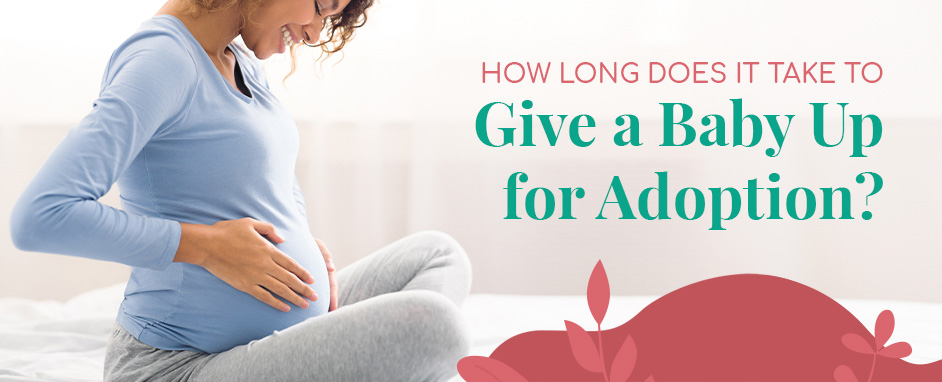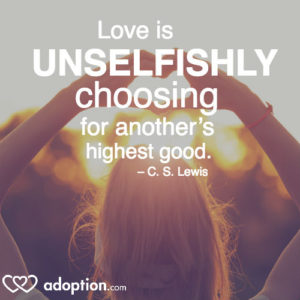November 27, 2017
Infertility and the Holidays
Infertility isn’t the only reason people come to adoption. But it is part of the adoption process for so many individuals and families, and it is a widespread issue across the country. According to the CDC, “About 6% of married women aged 15 to 44 years in the United States are unable to get pregnant after one year of trying (infertility). Also, about 12% of women aged 15 to 44 years in the United States have difficulty getting pregnant or carrying a pregnancy to term, regardless of marital status (impaired fecundity).”
The chances are very real that you or someone you know has experienced infertility, and that makes it a deeply important issue to be aware of. Especially during the holidays.
The holidays can be an incredibly painful time for those struggling to create a family. And how their loved ones react to and interact with them during this time makes a big impact.
Acknowledge their pain. No one wants to hear platitudes about whether or not “it’s the right time,” or how “things always happen for a reason.” Especially when struggling with intense grief and loss. It means so much more to have your pain acknowledged. To know that people see your struggle and validate the pain you are going through. You don’t have to dig into them for details, but a simple acknowledgement that this absolutely sucks and you are so sorry can mean the world. It gives them space to feel their pain, instead of having to put it aside and pretend like everything is okay to make things more comfortable for others.
Cut the advice. There is no advice for this situation. And they are likely doing everything in their power to learn as much as they can about their bodies, to understand why this is happening, and how they can move forward. You are not in their position, you are not in their head, you are not in their body. Advice, although often well-meaning, rarely makes the situation better.
Don’t try to cheer them up. Your loved ones may not feel very cheery right now, and although that can be hard to stomach and watch, it is not your responsibility to make them feel better. Being present with someone does not have to mean making everything happy-go-lucky and pain-free. It means sharing space exactly where they are. Doing your best to sympathize with how they’re feeling, and meeting them there without expectation.



